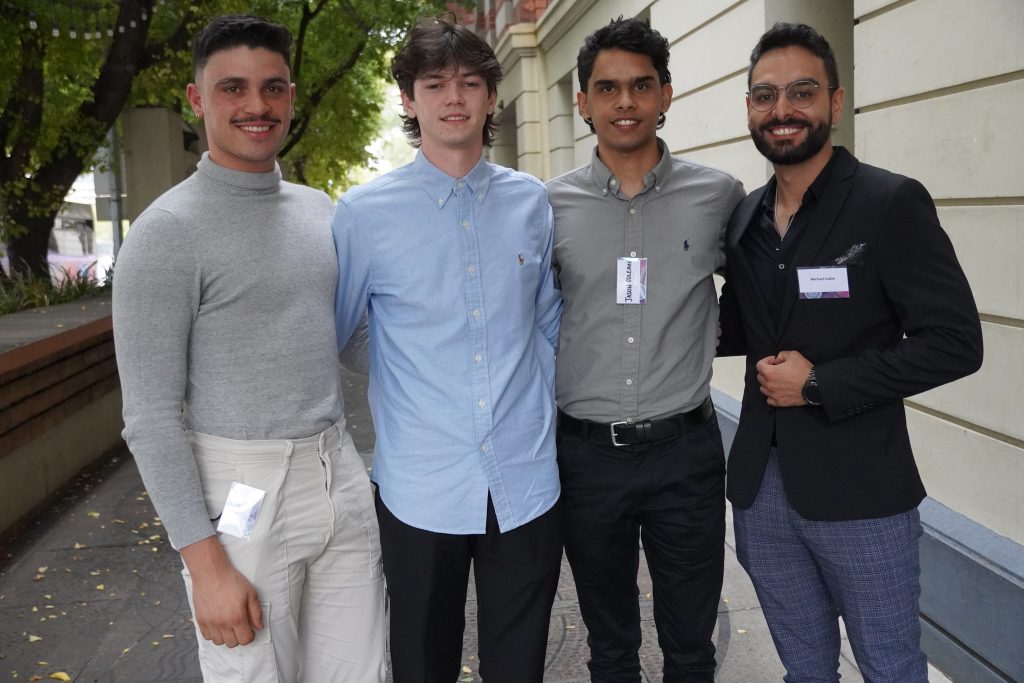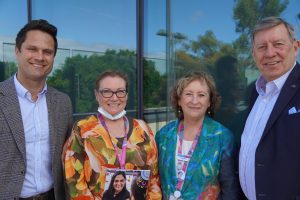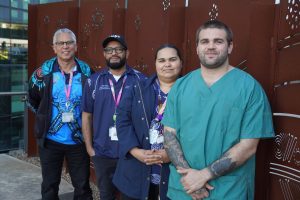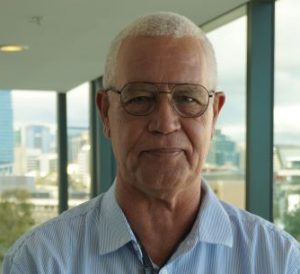Increasing the number of Aboriginal and Torres Strait Islander people working in health is key to providing culturally safe health services and Central Adelaide Local Health Network has outlined its commitment to achieving this.
Launched this week, the Aboriginal Employment and Retention Strategy commits Central Adelaide to increasing its Aboriginal workforce to 4% through targeted recruitment processes, pathways, and entry points.
Central Adelaide’s Executive Director of Workforce Management and Reform, Gabby Ramsay says that as a major health service provider, the network is aware it’s responsibility to provide safe and quality healthcare to Aboriginal people in South Australia.
“We know that having skilled Aboriginal staff makes a difference to our Aboriginal patients and their families, and that cultural safety and clinical safety are both essential for the delivery of high-quality care.”
Out of our elective and emergency hospital admissions, 15% identify as Aboriginal and/or Torres Strait Islander.
As part of work to increase engagement with Aboriginal communities and create a pathway to employ more Aboriginal peoples, Central Adelaide has partnered with the university sectors on a program to support student pathways to success so they can apply their learning on the job.
Providing opportunities
The SEED (Success = Education + Employment + Development) program offers Aboriginal university students’ access to cadetships and graduate opportunities at Central Adelaide.
Central Adelaide will work with universities throughout a student’s placement and negotiate with the student on the best model that will help support them to gain experience, while respecting their study commitments and wellbeing.
As part of this we are partnering with Tika Tirka, an accommodation service for Aboriginal and Torres Strait Islander students.
Aboriginal Community Housing Limited Community Development Officer Trischia Ritchie says the program has allowed six Tika Tirka residents to enter into a pathway for their respective fields within the health industry, with work being done for a further four students to follow this pathway.
“SEED provides the residents hands on opportunities in their fields and flexible approaches to support their further studies. Further, the Tika Tirka residents are proud to be active within this strategy – as the strategy states in Kaurna: “Kumangka – Together, Ngadluku kuma pirrkutidil: We are part of the story”.”
The importance of culturally-safe workplaces
Tika Tirka resident Jacob (pictured far left) is studying a Bachelor of Nursing and for him going into a culturally safe workplace is vital.
“It’s very important for me, especially growing up as an Aboriginal person and in the foster care system, I felt that the healthcare system did not have an understanding of historical situation and why those issues were related to it. – I felt to that looked down upon and found it difficult.”
He says if cultural safety is adopted more by healthcare settings we would see advancements in access, healing and closing the gap.
Four priority areas to build our workforce
To help build its Aboriginal Workforce, Central Adelaide’s strategy includes 4 priorities:
- Working together (partnerships, engagement and relationships)
- Bringing our people in (attraction and recruitment)
- Growing our workforce (which is the retention, build and development) so we can grow, develop, value and retain our Aboriginal staff
- Cultural knowledge and translation (creating a culturally safe environment for staff and consumers)
Central Adelaide CEO Lesley Dwyer says the strategy reflects the network’s commitment to building its Aboriginal workforce, and to lifting the cultural competency and sensitivity of our non-Aboriginal staff to create a more community-minded health organisation.
“Having a workforce with skilled Aboriginal staff not only makes a difference to Aboriginal patients, it can also transform families and communities of those individuals.
“When we can deliver on this commitment and ensure our healthcare system culturally supports the health and wellbeing of Aboriginal consumers, we will be closer to achieving CALHN’s vision of being a world-class health service.”



